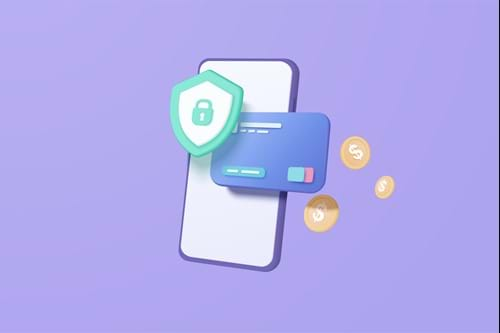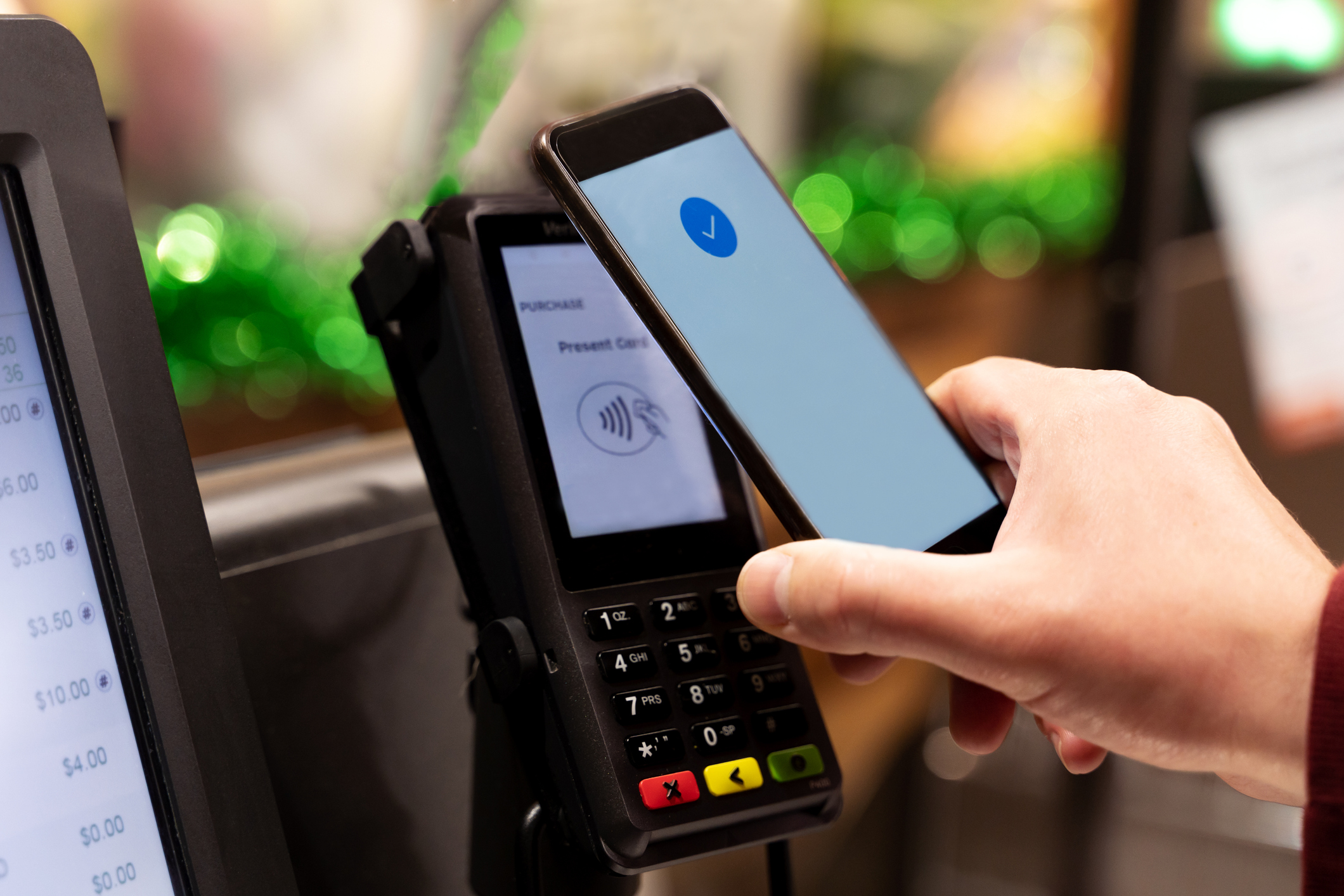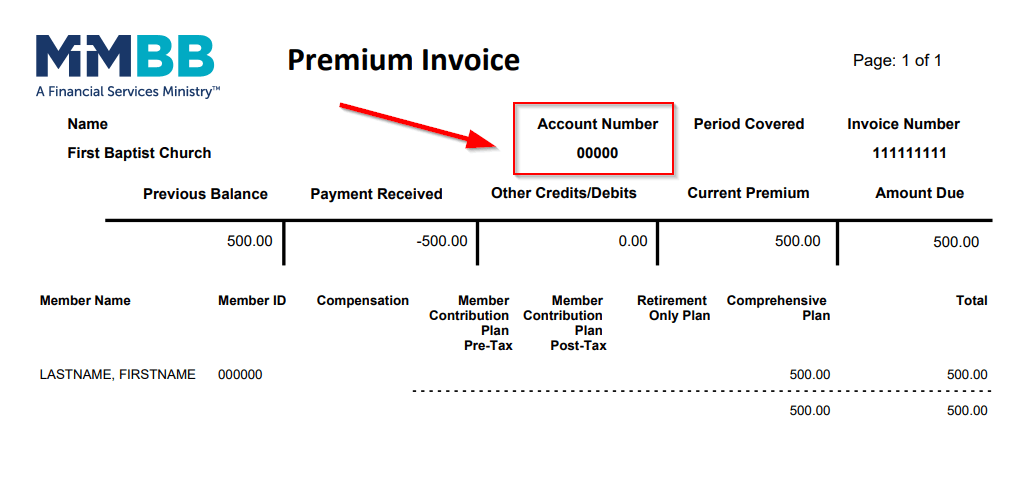What's the Deal with the Cashless Economy?
Just a few years ago, before you made a purchase, vendors used to ask, “Would you like to pay with cash or a card?” However, this is not a question we often hear when shopping nowadays. Due to the proliferation in cashless spending, more and more businesses currently require a credit card payment to make a purchase. However, adapting to a cashless economy comes with its challenges.
The rapid increase in contactless payments occurred when the retail industry had to pivot to keep businesses afloat due to COVID-19. At the height of the pandemic, with many storefronts forced to close their doors, businesses had to transition to online selling or relying on contactless delivery services to provide products to customers. Square, a financial service platform, reported from February 2020 through February 2021, there was a 52 percent increase in online payments across the country.1 When businesses reopened, some storefronts once again welcomed currency reimbursement, but many others did not, making cashless payments the go-to method for transactions.

As the economy continues to move toward cashless options, some wonder if this trend benefits consumers. From a security perspective, some people may enjoy the convenience of no longer having to carry currency. Also, banks offer contactless banking, making it easier for consumers to track their funds and spending habits. From an economic point of view, the Financial Times explains that governments are interested in a cashless society because this would allow all non-cash transactions to be registered with banks.2 Having non-currency transactions recorded and reviewed could help forecast economic habits.
Although going cashless has been fully integrated into the marketplace, it still raises concerns on both the buyer and seller side. Individuals seeking privacy in their spending habits, may view a cashless society as invasive. Cash provides a paper-trail free transaction and a sense of privacy about purchases.
From a social-class perspective, contactless shopping may exclude some people. The Pew Research Center reports that three in 10 Americans with a household income falling below $30,000 a year still heavily rely on currency for most of their purchases.3 It is difficult for a cashless economy to thrive when part of the population does not have the resources to access contactless spending. In an interview with NPR, Tazra Mitchell, policy director at the research and advocacy group DC Fiscal Policy Institute, indicated that nearly a third of Washington, D.C. residents don’t own a debit/credit card or have a bank account.4 Purchases made via credit card or smartphone require a bank account, and in order to open a bank account a form of ID is required. The process to obtain a driver’s license, passport or non-driver ID can become lengthy and in some cases is an expense one may not want to incur. Although the Federal Deposit Insurance Corporation reported in 2021 that approximately 4.5 percent of U.S. households did not have a checking or savings account at any bank. Most of these U.S. households were lower-income households.5
As a result, some cities have placed bans on cashless stores. In 2020, New York City passed legislation that requires all stores to accept cash, and other large cities like Philadelphia and San Francisco and the state of New Jersey have followed suit. The New York Times reported New York City officials also worked to include ridesharing and meal-delivery apps in the legislation.6 While the bans have not slowed down the cashless economy trend, they provide stability for those still using currency as their main source of payment.
Additionally, the convenience of going cashless always raises concerns amongst business owners. Many businesses have decided to take a step back and encourage cash reimbursement due to fees charged by credit-card processing companies, which result in a 4 percent loss in revenue when a debit or credit card is used.7 Some businesses have adopted the “cash discount,” which offers a small percentage off your bill if you pay with currency.
Although the rise of the contactless economy continues, customers can have peace of mind knowing they still have the option to choose their method of payment. When trying to navigate the cashless spending trend, it is important to do your due diligence and learn which method of reimbursement best fits your spending habits. Before visiting establishments, do research to ascertain their preferred method of payment. Cash is still one of the top reimbursement methods and will not be phased out soon; however, it is important to be prepared for the future of cashless spending.
- https://squareup.com/us/en/making-change/2021
- https://www.ft.com/partnercontent/comarch/covid-19-the-viral-spread-of-cashless-society.html
- https://www.pewresearch.org/short-reads/2022/10/05/more-americans-are-joining-the-cashless-economy/#:~:text=In%20less%20than%20a%20decade,new%20Pew%20Research%20Center%20survey.
- https://www.npr.org/2020/02/06/803003343/some-businesses-are-going-cashless-but-cities-are-pushing-back
- https://www.fdic.gov/analysis/household-survey/index.html#:~:text=An%20estimated%2081.5%20percent%20of,above%20nonbank%20transactions%20and%20credit.
- https://www.nytimes.com/2020/01/23/nyregion/nyc-cashless-ban.html
- https://homebusinessmag.com/money/money-management/company-offer-cash-discount/








 Next
Next


